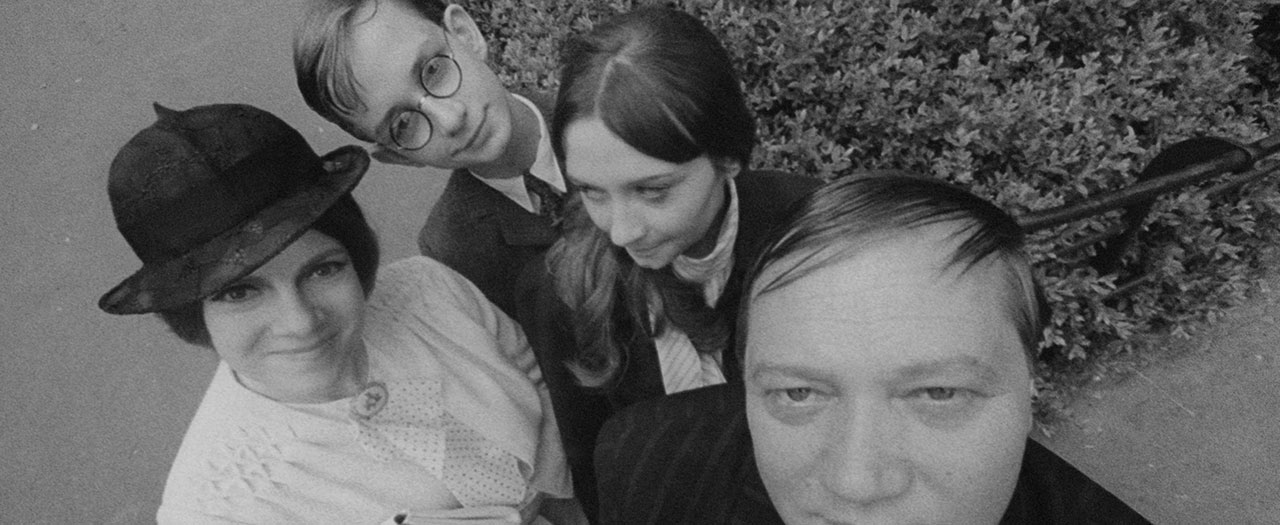The Cremator [Feature]
A damning political parable banned in its native Czechoslovakia, Juraj Herz’s deeply unsettling film chronicles the corruption of a crematorium director in the face of the 20th century’s greatest horror.
Herz created his own unique niche on the margins of the Czechoslovak New Wave, and no example illustrates just how explosive his films were better than The Cremator, a disturbing “dark Gothic comedy” (Sight & Sound) that at turns blooms into full horror.
Hiding behind a seemingly harmless exterior, head cremator Karel Kopfrkingl is a morbid obsessive, believing he holds power over life and that death offers purity. Given this is late 1930s Prague, Karel is about to be offered an ideology that fits all too well with his growing convictions, in exchange for the loss of his humanity.
Disorientating in its daring and expressionistic visuals – which won cinematographer Stanislav Milota the best cinematography award at the 1972 edition of the Stiges Catalonian International Film Festival, along with a best actor award for Rudolf Hrušínský – The Cremator twists genres and expectations equally, fully vilifying the Nazi regime that engulfed Czechoslovakia but also levelling criticism at the powers that be on the eastern side of the Iron Curtain.
“As the eponymous cremator, Rudolf Hrušínský is in every scene of the film and provides Czech cinema with one of its most memorable, and disturbing, characterisations.” – Senses of Cinema
The Cremator is one of filmmaker Peter Strickland's selections for his MIFF retrospective: “For a film that deals with a highly distressing subject, there’s plenty of devious humour and enough of a surrealist framework to elevate it beyond the unwatchable. Both ludicrous and malevolent, The Cremator is an irresistibly septic meditation on death and the hideous lure of fascism.“
For more detailed thoughts from Peter on the films that have inspired him, read his blog.
